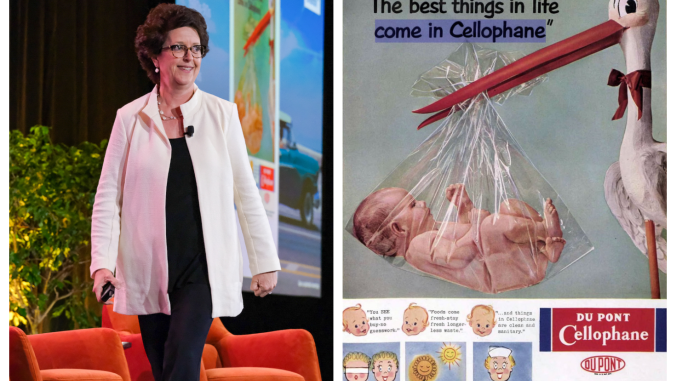How corporate energy goals shake up the utility business model
<p>Connecting the dots between utilities and consumer packaged goods companies doesn’t require as many dots as you might think. </p>

Photo by hxdyl via Shutterstock
At Shelton Group, we sit in the wonderful position of working with a full spectrum of organizations to define and leverage their sustainability commitment to gain a market advantage — from utilities and building products to consumer packaged goods (CPG) companies and government entities. And although utilities and CPG companies often think they don't have a lot in common, trying to engage Americans in an energy efficiency program actually poses many of the same challenges as trying to engage Americans in a brand's sustainability efforts.
We get to connect the dots all day long and ensure our clients, disparate as they may sometimes seem, get to learn from each other. This dot-connecting post is for utility companies. It's about corporate sustainability (which utilities don't think a lot about, I'm afraid) and the impact that's having and will continue to have on their business models.
The facts
Here's the gist: 53 percent of companies in the S&P 500 Index and Fortune 500 published sustainability reports in 2011 — up from 19 percent the year before. I imagine the number will be much larger when the dust settles and we can get a 2012 report total. If you follow Chris Laszlo's model about how sustainability creates business value, the second step in his seven-step model is all about efficiency — reducing energy, waste and material costs. So you can safely assume that all the companies going to the trouble of actually creating a sustainability report have goals related to energy efficiency.
So, who cares about goals — they're just goals, not stuff actually accomplished, right? Wrong. According to last year's Johnson Controls Energy Efficiency Indicator study, 95 percent of the companies with publicly stated goals around energy efficiency have executed against them, performing an average of 4.3 measures. In fact, 88 percent of companies with internal goals have executed against them, and 55 percent of companies with no energy efficiency goals at all have executed measures — 2.8 on average.
Sixty-six percent of the companies polled for the Shelton Group's B2B Pulse study rank "energy savings and cost reductions" as the No. 1 reason their company is focused on sustainability. And, back to the Johnson Controls study, 72 percent of companies with public goals related to energy intend to increase their investment in efficiency and renewables in the next 12 months (even 26 percent with no goal intend to do so as well).
Moving forward
Lacking a fully analyzed database of exactly how many companies have invested in energy efficiency and renewables, and exactly what load that represents, I can't give you an amazing "tah-dah" here about exactly how big a threat this is to the current utility business model (which relies on steady to increasing demand to pay the bills). But you should assume it's an enormous threat, it's very real and it's here to stay. Utilities must look at new models that forecast continuously decreasing demand if they are to stay viable, and/or they need to get in the efficiency and renewables business themselves, essentially becoming ESCOs that offer a full suite of pricing and program options along with long-term contracts to all customers.
A parting thought to all the CPG companies out there: Despite how it can sometimes seem, you are making progress against your sustainability goals. This one piece of the puzzle alone is shaking up an industry long considered unshakable. So, utilities and manufacturers and CPG companies — get together. Have more conversations. Embrace your interdependence. Talk about your plans, goals and needs, and learn from each other — and more important, create the future together vs. continuing to operate in the silos we've seen for so long.
This story first appeared at the Shelton Group's Shelton Insights blog. Photo by hxdyl via Shutterstock.





